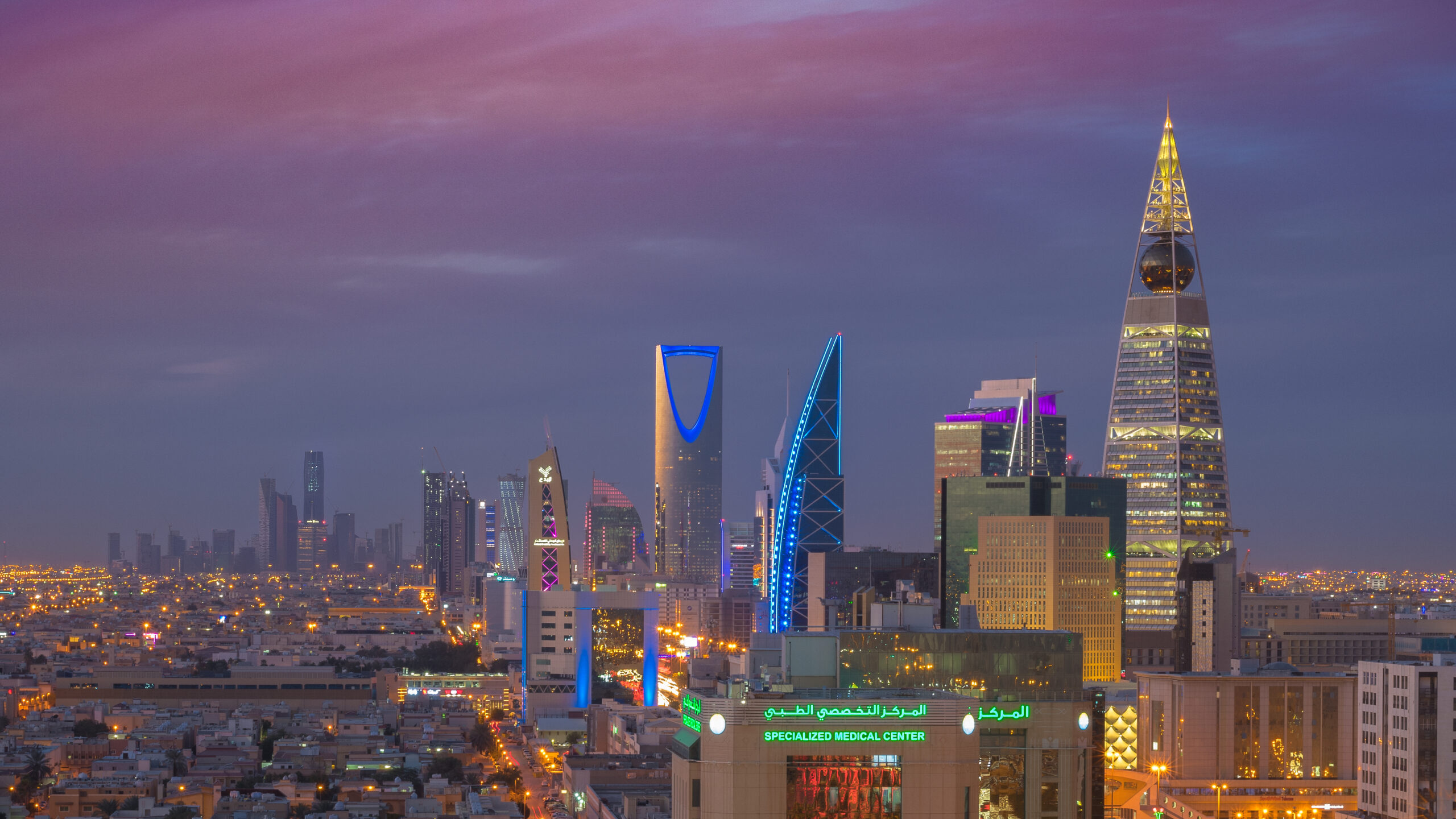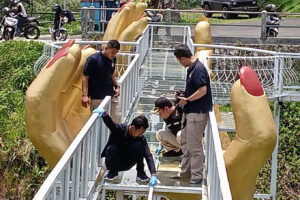In a bold and surprising move back in February 2021, the Saudi government sent shock waves through the international business community by announcing that, by January 1, 2024, it would cease doing business with any international companies whose regional headquarters were not based within the kingdom. The implications of this ultimatum were felt far and wide, leaving investors and expatriate workers both stunned and intrigued.
This ultimatum, conceived as part of the Vision 2030 project launched by Crown Prince Mohammed bin Salman in 2016, was met with skepticism and criticism at first. Many questioned Saudi Arabia’s ability to attract foreign talent, given its conservative Muslim theocracy and widely criticized human rights record. Expats based in Dubai, the UAE’s commercial capital and a hub for Middle East regional headquarters, wondered whether Saudi Arabia could provide a comparable quality of life, complete with international schools, housing, and the amenities of a more Western lifestyle, including alcohol.
However, as the deadline approaches, Saudi Arabia seems determined to make its vision a reality. Faisal Al Ibrahim, the Saudi Minister of Economy and Planning, recently reaffirmed the government’s commitment to this bold initiative at the annual Future Investment Initiative held in Riyadh, stating that the deadline remains firmly in place.
Al Ibrahim elaborated on the kingdom’s support for foreign companies making the transition, emphasizing that it’s not just about negative reinforcement. The government is offering a range of incentives and benefits to facilitate the relocation of regional headquarters to Saudi Arabia.
Vision 2030 is a grand plan to diversify the Saudi economy away from its heavy reliance on oil, create private sector jobs, and harness the potential of its youthful population, with more than 60% under the age of 30. The requirement for foreign companies to establish regional headquarters in the kingdom is a crucial part of this vision.
Despite initial doubts, Saudi Arabia is now attracting significant interest and investment from international corporations. The presence of thousands of foreign investors and financiers from around the world at the Future Investment Initiative conference in Riyadh is a testament to the increasing momentum in the kingdom.
Saudi Arabia aims to prioritize companies that contribute to value creation, generate high-quality jobs, and help achieve desired outcomes for the local population. The government is also focusing on retaining the value generated within the country rather than letting it leak to other economies.
According to Al Ibrahim, the government’s initiative is not just about Saudi Arabia’s procurement policy but will also have a positive trickle-down effect on the companies and economies surrounding it. This is an opportunity for foreign businesses to get closer to emerging markets, leverage the young talent in Saudi Arabia, and enhance their competitiveness on a global scale.
Despite economic challenges like lower oil production and prices, the World Bank predicts a 4.8 percent non-oil growth rate for Saudi Arabia in 2022, and this growth is expected to remain robust in 2023. Saudi Arabia’s bold ultimatum is not just a directive; it’s a call to redefine the economic landscape in the region, and it appears to be gaining traction as the deadline approaches.
(Source: CNBC | The Media Line | Reuters)









